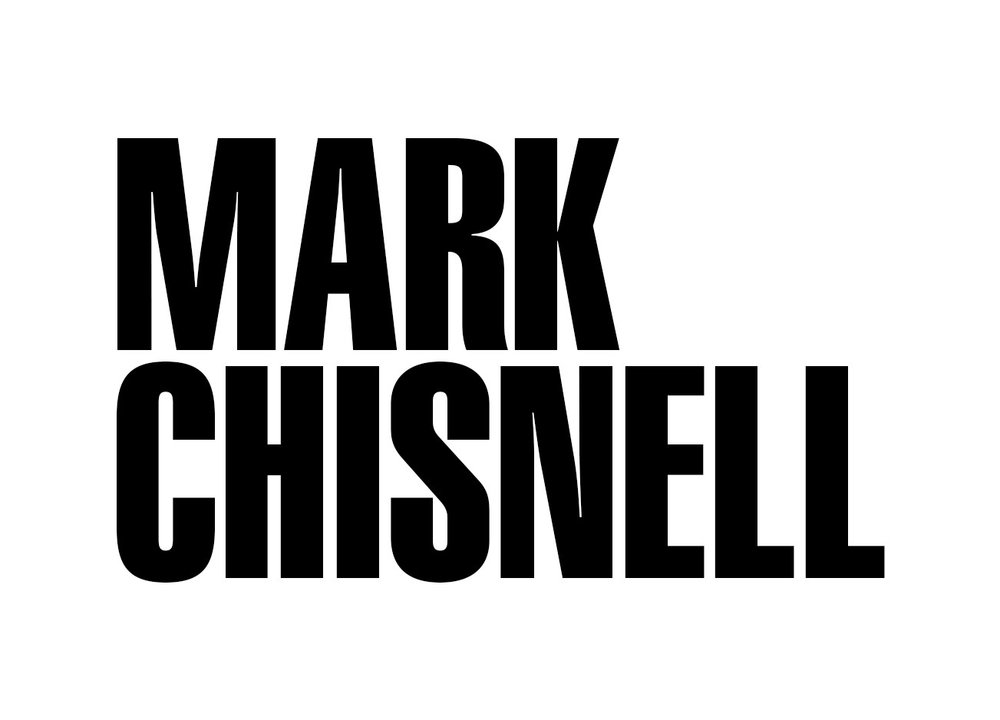I can't promise that this will still be the opening to Chinese Burn when I finish the book, but in the meantime, it's something to be going on with...
Sam
Blackett looked up from the People's Pilsner that sat in front of her, beads of
perspiration now rolling down the glass. Not a drop had passed her lips. It was
a shame that she couldn't claim as much for the four or five that had come and
gone before it. And she had started the evening with the very best of
intentions... a cheap meal, then back to the hotel for an early night.
So
what the hell was she now doing in the lush, white, art deco interior of the
top floor restaurant of Shanghai's Peninsula Hotel? She had needed cheering up.
And that would explain the first drink. The rest she could blame on Roger -- at
least, she thought that his name was Roger. He'd approached her at the bar with
a straight-forward, 'hello, can I buy you a drink?' After spending the last few
days wandering around the city with only her own company, she had said yes
without even thinking. And here they were, an eighty dollar steak and several
bottles of People's Pilsner later.
He
was staring out across the Huangpu River at the glowing swelter of light from
the Bund. The temperature on the restaurant's terrace had dropped to no more
than a couple of degrees below the sweat-sodden heat of the day. He turned back
to her suddenly. "So, do you wanna go up to my room?" he said, his
Midwest accent slightly burred with drink.
"Not
particularly," she replied, and smiled.
Roger's
shoulders twitched in a snort of laughter that died before it got to his throat.
"Well,
I guess that's straight-forward," he said, and rose unsteadily to his
feet. A moment later a flicker of alarm crossed his face and he lurched towards
the railing.
"Whoa,
steady," said Sam as she moved to grab him. They both peered down from the
fourteenth floor. "Don't want to fall from here," she added, watching
his face as she did so.
Roger
harrumphed in a dangerously non-committal way, something dark momentarily
crossing his face.
"Let
me give you a hand, I think that last Mai-tai might have been too much,"
she said, a little crease between her eyebrows.
"Not
sure it was that one in particular..." said Roger, his words starting to
openly slur.
Typical, thought Sam;
as soon as sex was off-the-table he let the alcohol steamroller him. The usual
disappointment. He'd been such a good listener while she had explained how she
came to be alone in a five star restaurant in Shanghai. An explanation that had
somehow involved a fairly detailed description of the relationship-crash she
had suffered in India with the man she had -- briefly, admittedly -- thought
that she might spend the rest of her life with. And then the Esquire article's
advice on which questions to ask had run out; or a natural need to talk had
resurfaced. Either way, she had then listened to him slurp his way through half
a dozen very expensive cocktails while moaning about the money problems his
business was suffering back in Detroit.
Roger
stumbled the first couple of steps towards the terrace doors, and then lurched
to a halt by the next table. She stepped beside him and took a firm grip of his
forearm. It looked like she was going to his room after all.
"Which
floor are you on?" she asked.
"Four,
oh, three. Rooooom four oh, threeee..." he replied.
"Shhorryesh..." he added. "It hit when... stood up..." he
blinked, very slowly, swaying slightly.
I
bet it did, she thought, as she guided him unsteadily around the tables. He
bumped into several of them, but there was only one other couple left in the
terrace bar, and they were very self-absorbed, away in the far corner. She got
Roger into the restaurant, more careful to steer him away from contact now, as
all the tables had been cleared and freshly laid. She checked her watch. It was
almost three am.
They
made it to the elevators. Roger sank against the wall as she pressed the call
button. A moment later, the elevator
doors slid silently open and with a huge sigh, he pushed himself back off the
wall. They stepped inside, Sam pressed the button for the fourth floor, and
again in silence, they began the short descent.
Sam
just had time to wonder how easy it would be to find a cab to get back to her
hotel at this time of night, when they stopped and the doors slid open. The
notice on the wall opposite told her which way they needed to go, and she
levered Roger out into the corridor. He was now struggling to stand, and she
had to get his arm over her shoulders to help support him the fifty yards to
his room.
She
propped him back against the wall beside the door, and helped him find his
keycard, tucked conveniently into the top pocket of his suit jacket. She opened
the door and got him up off the wall. He lurched around the corner into the
room. Sam felt that she had done her duty and, anxious not to give him the
wrong message, she let him go and stayed on the threshold. He stopped a few
paces into the room when he realised that she was no longer with him, and
turned. He was standing there looking at
her, very drunk and faintly disappointed, when the man came at him from behind
the still open door. There was no time for any reaction to reach Roger's face
before the assailant was on him.














